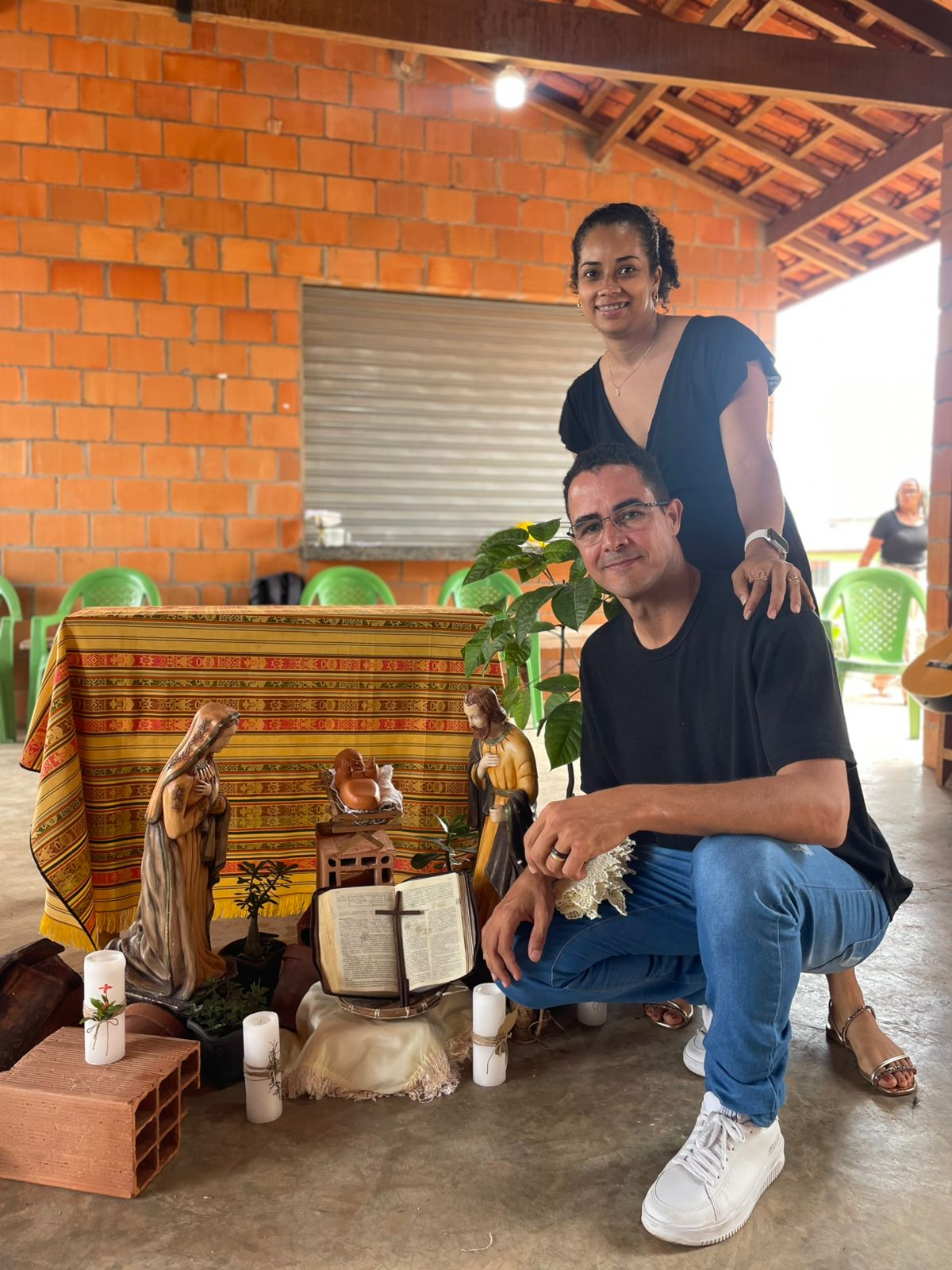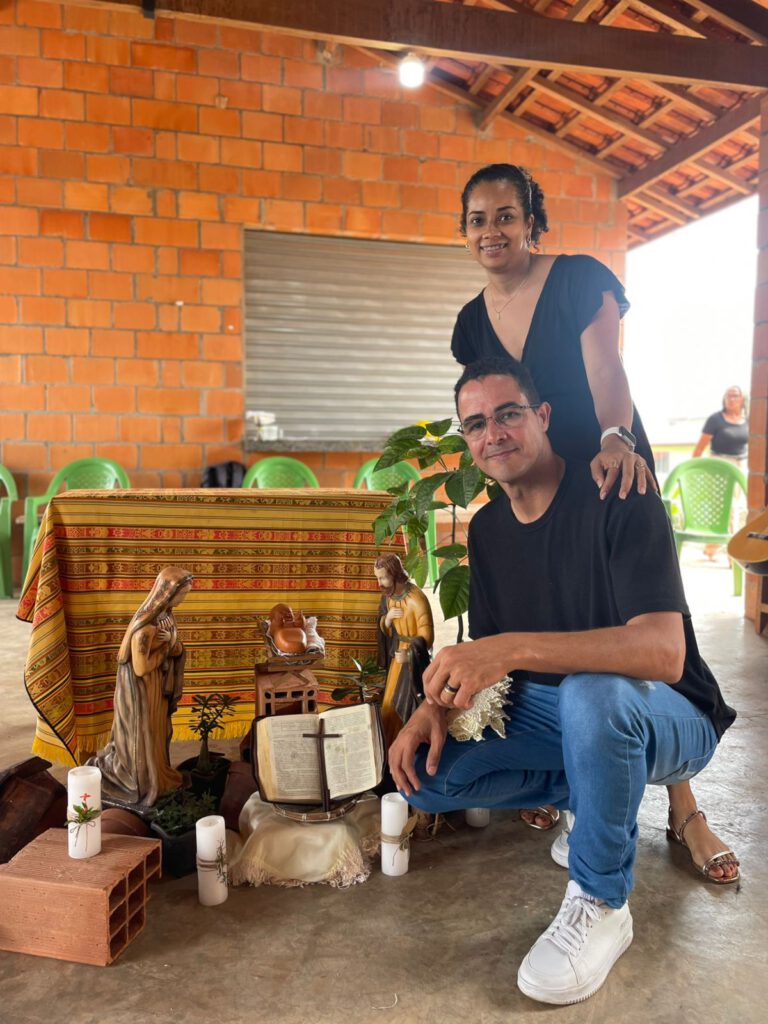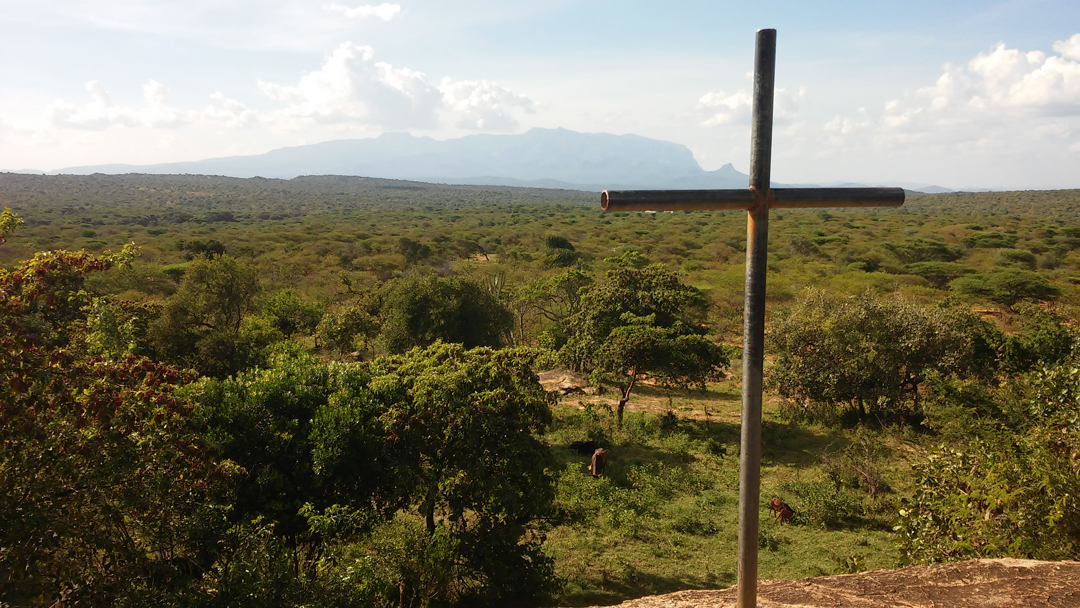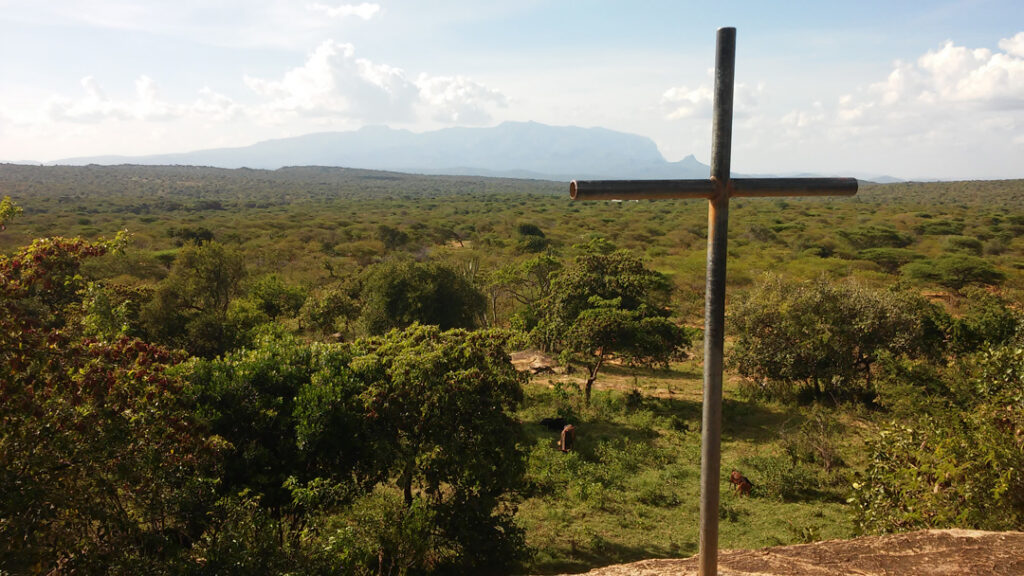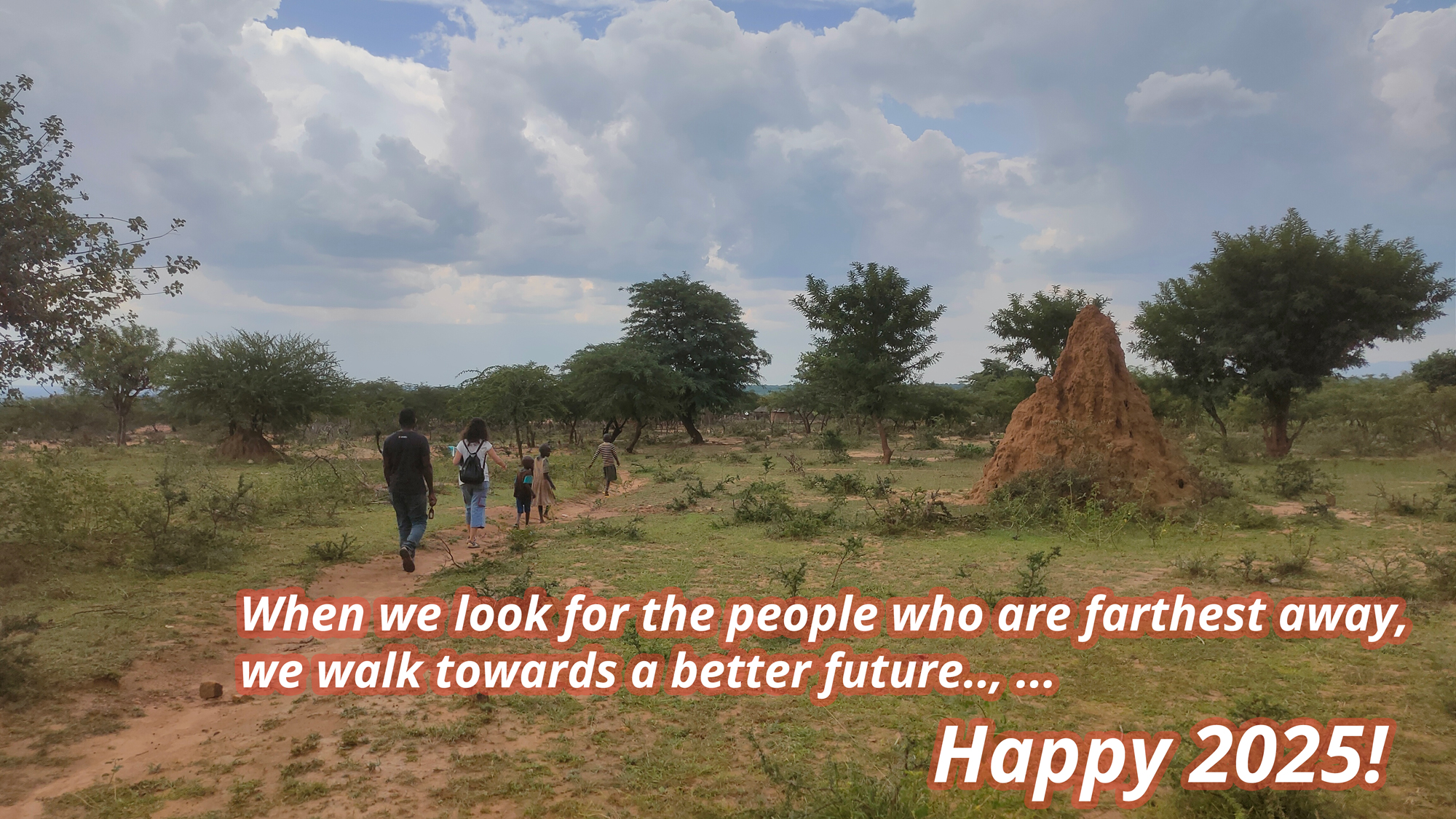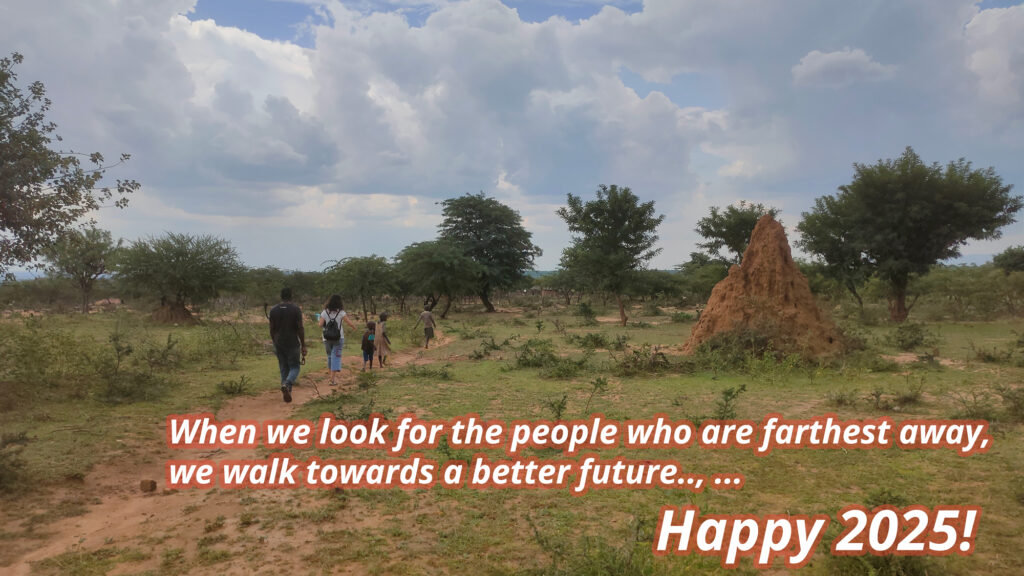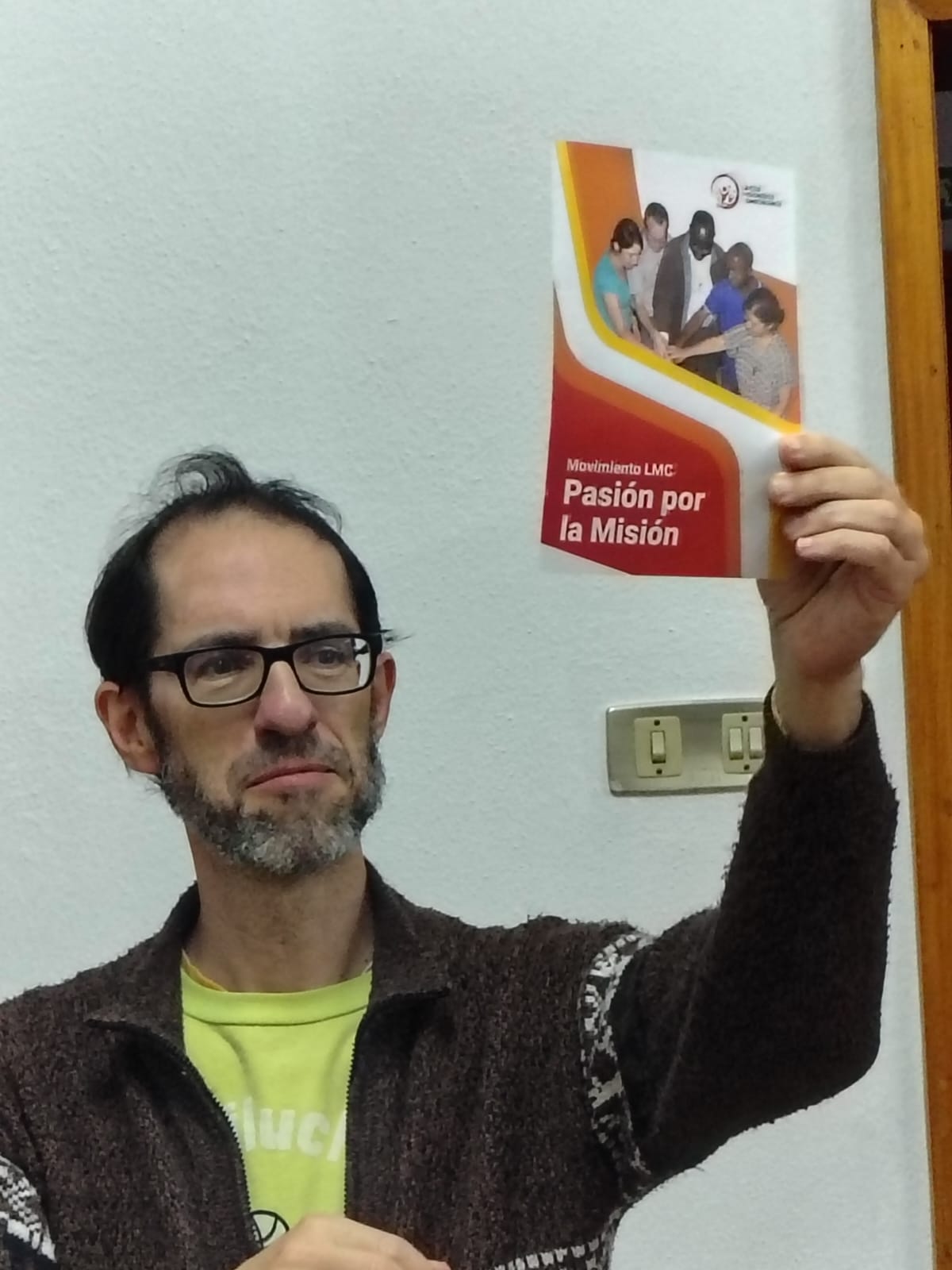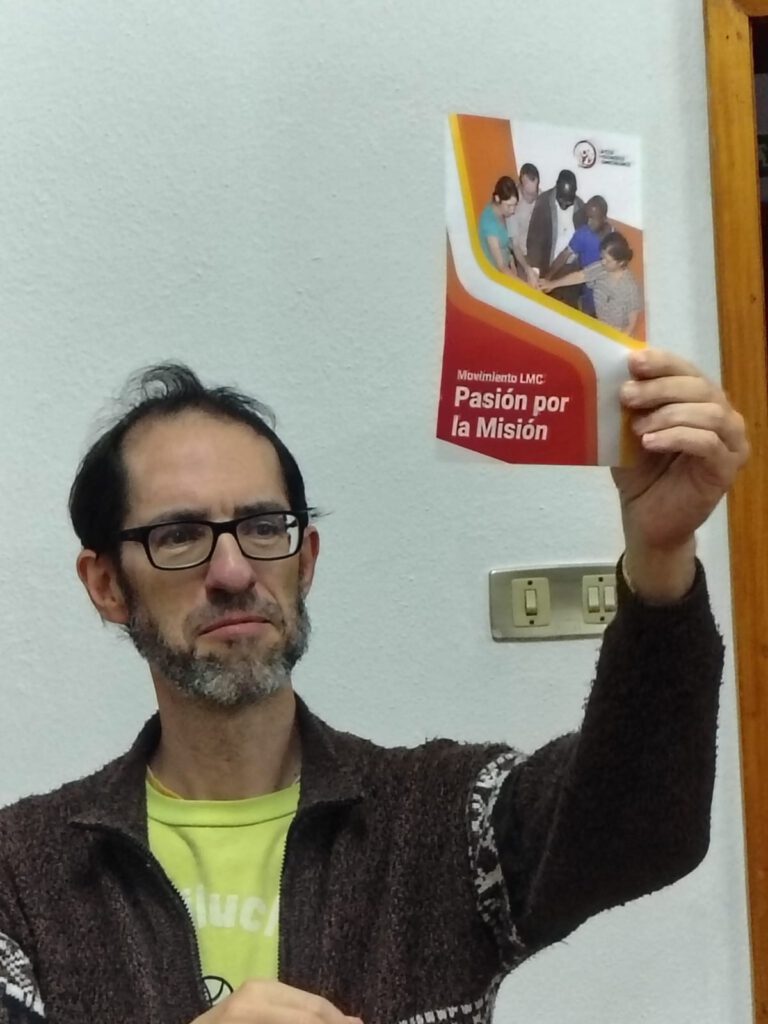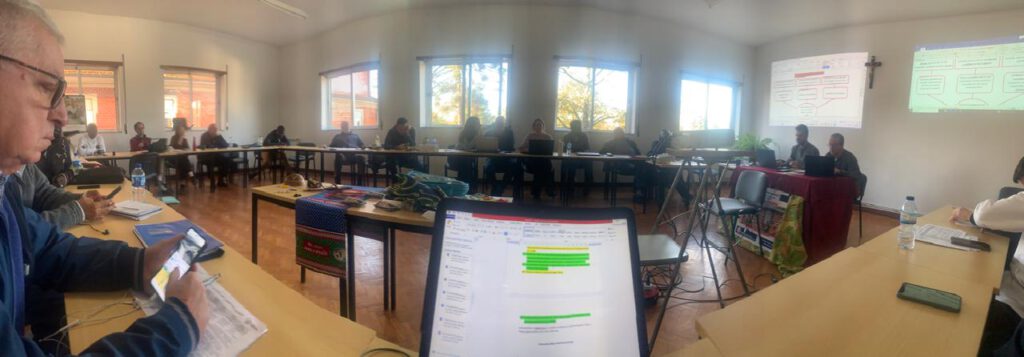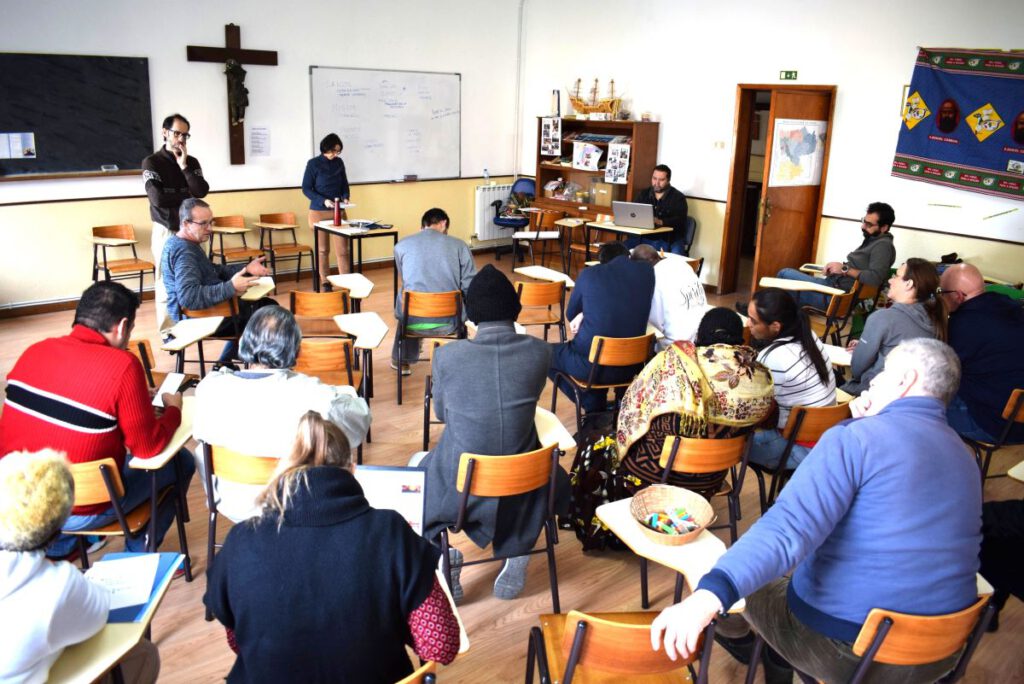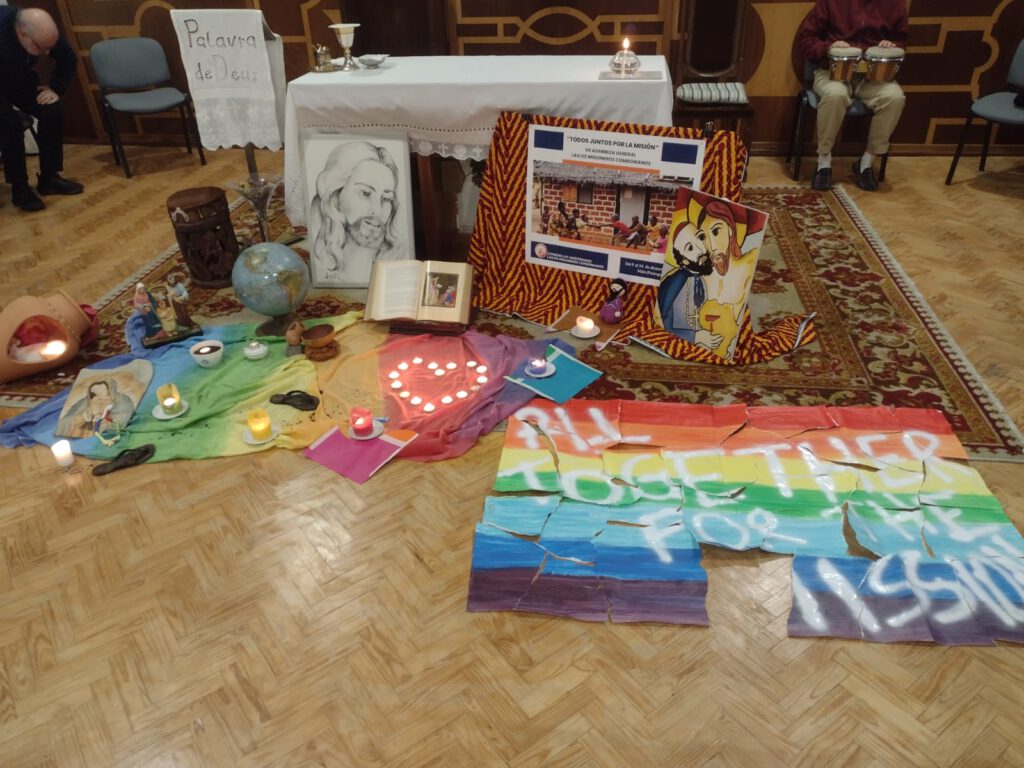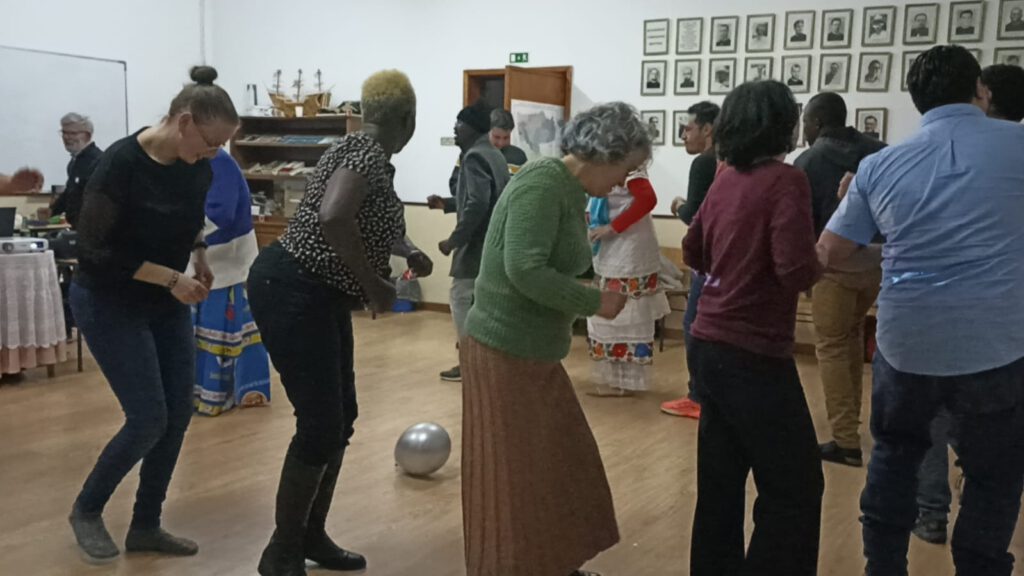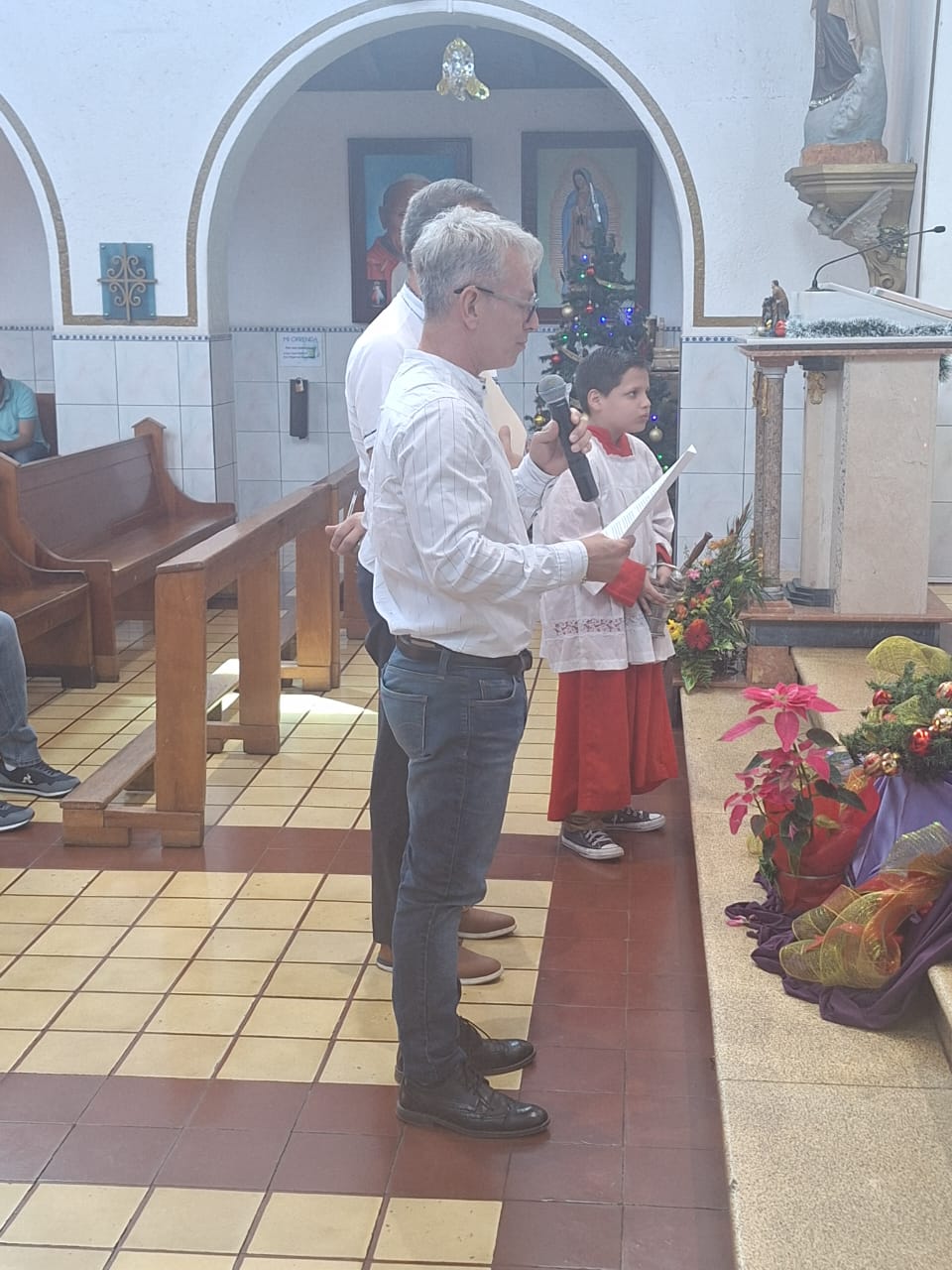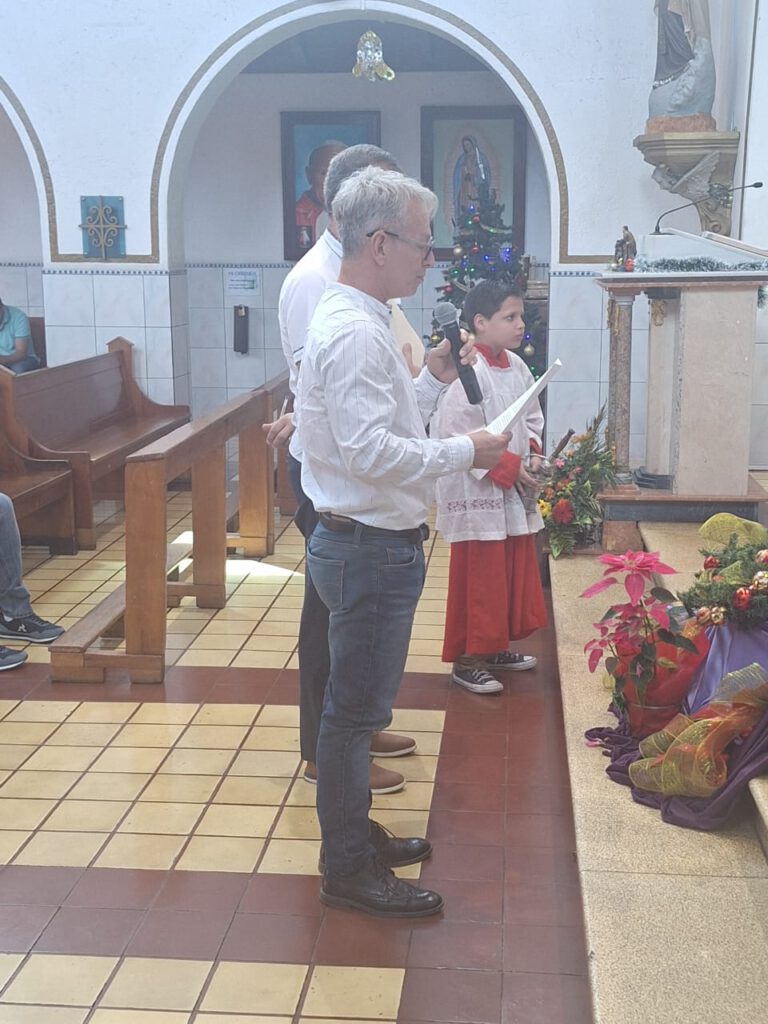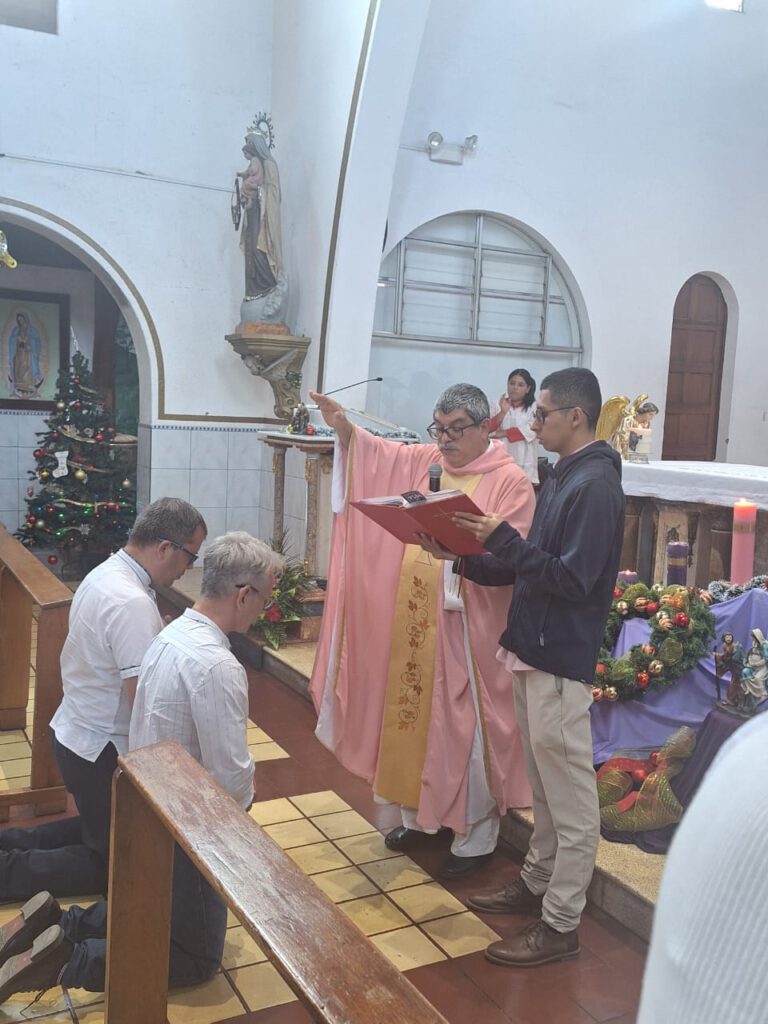On December 25, the first Christmas celebration took place in the community center of Piquiá da Conquista, in Açailândia. Comboni priests, lay missionaries and the local community, made up of the neighborhood’s new residents, gathered. Piquiá da Conquista is the result of more than a decade of struggle by the people of Piquiá de Baixo, who faced unhealthy conditions and rights violations due to industrial pollution. This mobilization resulted in a historic victory: resettlement in a dignified space, where today the families are building a new life.
Marcelo Moutinho, a psychologist and Brazilian CLM, who took part in the celebration with his wife Adriana, says: “On a visit to Maranhão, I longed to return to Piquiá da Conquista, after the construction work had been completed, to witness and together celebrate this great victory, which will become an inspiration for the various challenges that Christians face in their day-to-day mission and struggles for human rights. The CLM in Brazil, through the different presences over the many years of the struggle of Xoáncar, Ilária, Federico, Liliana, Flávio, Gabriel, Anna and other supporters, together with the community of Comboni Fathers of this parish, have actively participated in various stages of this achievement”.
The Comboni Lay Missionaries, as part of the Comboni family, work in partnership with communities to evangelize and build social justice, being signs of hope and solidarity in the most challenging contexts of the Church, such as the indigenous cause, the challenges of the urban peripheries, Restorative Justice in the prison system (APACs) and the struggle for decent housing.
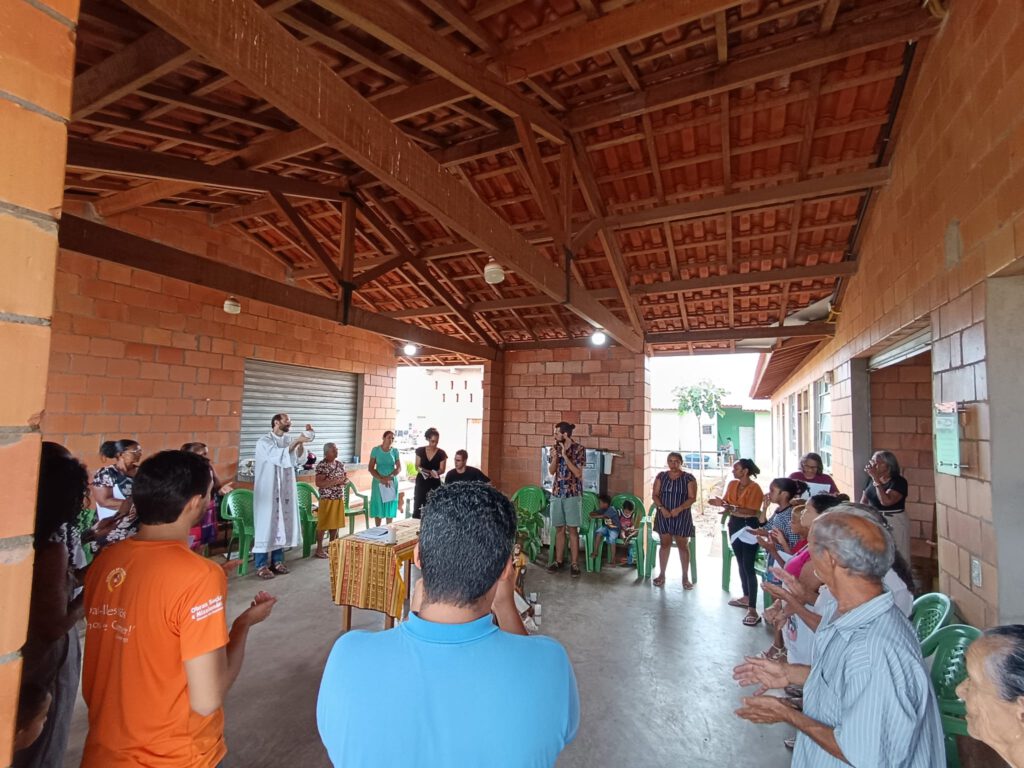
The celebration was a moment of deep spirituality and fraternity, symbolizing the rebirth of life and faith. May the example of struggle and resilience of this community inspire more people to join the Comboni mission of spreading the love, justice and peace that Christmas invites us to live. After all, the true meaning of Christmas lies in building a more just and humane world together.
Adriana and Marcelo Moutinho, Brazilian CLM couple
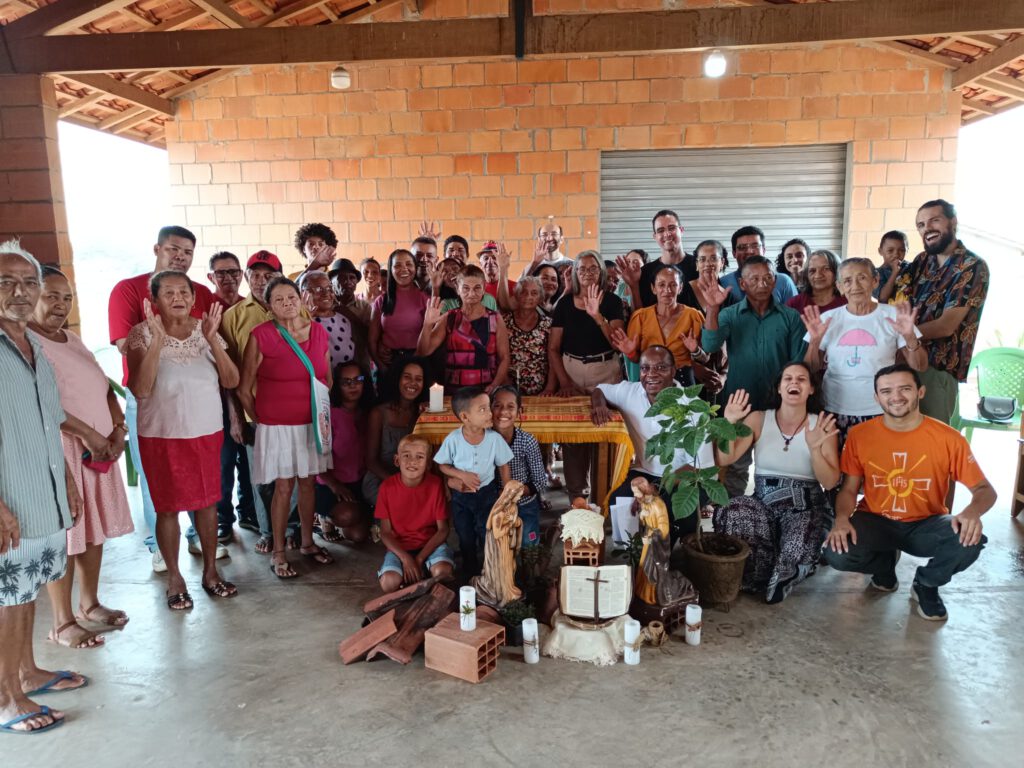
Want to know more?
- About the struggle and conquest of Piquiá: https://piquiadebaixo.com.br/ @piquiadebaixo
- About the Comboni Lay Missionaries of Brazil: http://surl.li/uixfyf @lmcbrasil.ofc




